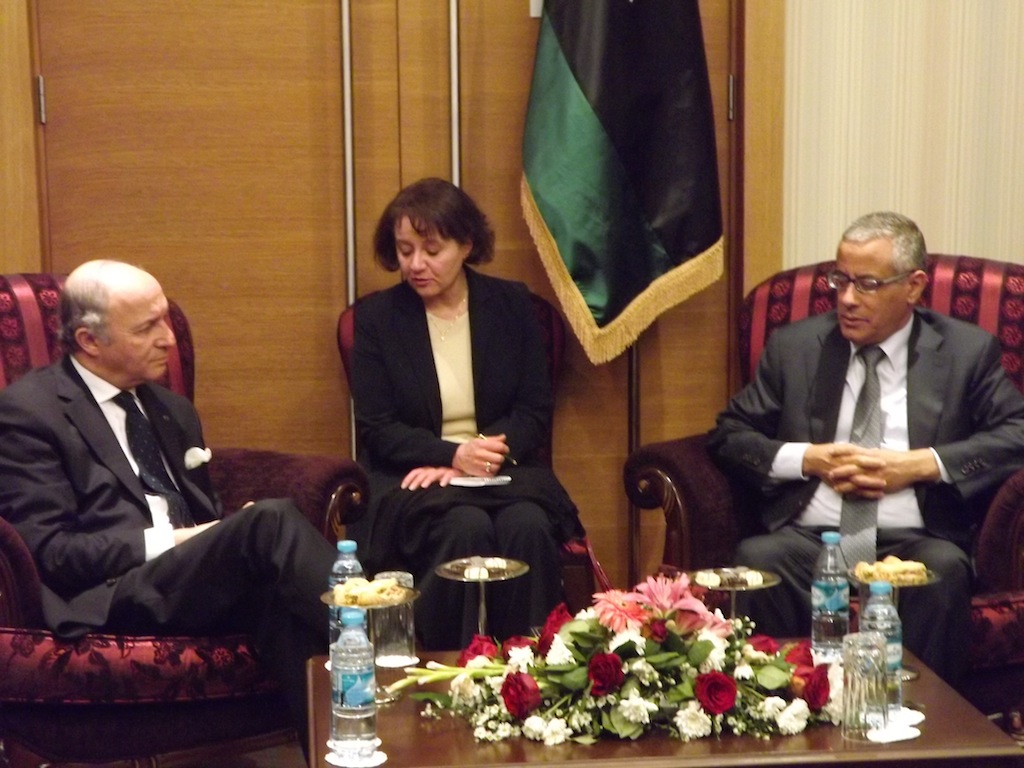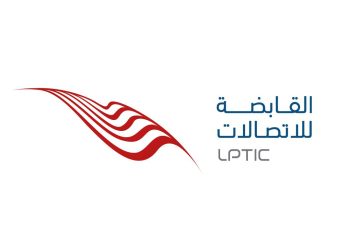By Nihal Zaroug.
Tripoli, 12 November:
Libya will be among 18 . . .[restrict]countries to receive a grant from the UN Trust Fund to End Violence Against Women (UN Trust Fund) that is administered by the UN Entity for Gender Equality and the Empowerment of Women (UN Women). This will be the first time Libya receives the grant that is dedicated to ending all forms of violence against women and girls.
In the case of Libya, the fund will be used to end violence against women in a post-conflict and transitional setting, specifically a programme by International Medical Corps to “reduce stigma against survivors of gender-based violence” has been chosen to receive funds.
Last year’s war took a devastating toll on women and girls, who were victims of rape by regime fighters. Recently, Benghazi’s permanent military court found eight men guilty of human rights violations committed during the revolution including rape. The ICC’s new chief prosecutor Fatou Bensouda, is currently collecting evidence on war crimes, for a potential new case that involves allegations of rape and sexual violence that targeted both women and men.
In the aftermath of Libya’s liberation, the world came to know that Qaddafi was not a true champion of women’s rights, as evidenced by victims’ accounts of abuses permitted under his regime. However, aggression against women is not a thing of the past. Amena Raghei’s Women in Libyan Public Life: A Seismic Shift, and Niz Ben-Essa’s A Crippling Silence, give accurate accounts of the current issues faced by Libyan women, notably growing intimidation, harassment and general apathy towards incidents that target women.
According to UN Women, seven in ten women are victims of sexual and physical abuse in their lifetime and a staggering 603 million women live in countries where domestic violence is not considered a crime. UN Women received 2,210 applications seeking grants from 121 countries, a monetary value of $1.1 billion in requests. This quantifies the plight women face and also shows that many governments do not fund programmes aimed at advancing gender equality and ending violence against women.
Regrettably, the UN Trust Fund could only endow $8.2 million, a figure that signifies less than one percent of the total demand from applicants. Although, the fund is supported by many countries, NGOs and corporations, Michelle Bachelet, executive director for UN Women, has appealed for further funding and support.
Locally, several groups are actively working for the social, institutional and legal advancement of women. For instance, Libyan Women’s Platform for Peace, contributed to an improved version of Libya’s electoral law, and was recently distributed to congress, recommendations on the selection of the country’s Constitutional Drafting Committee. 1Libya will launch a women’s rights campaign on 17 November, “Min Hagek: It is Your Right” that aims to empower women and promote change through “positive messaging, successful role models and interactive forums.” [/restrict]











